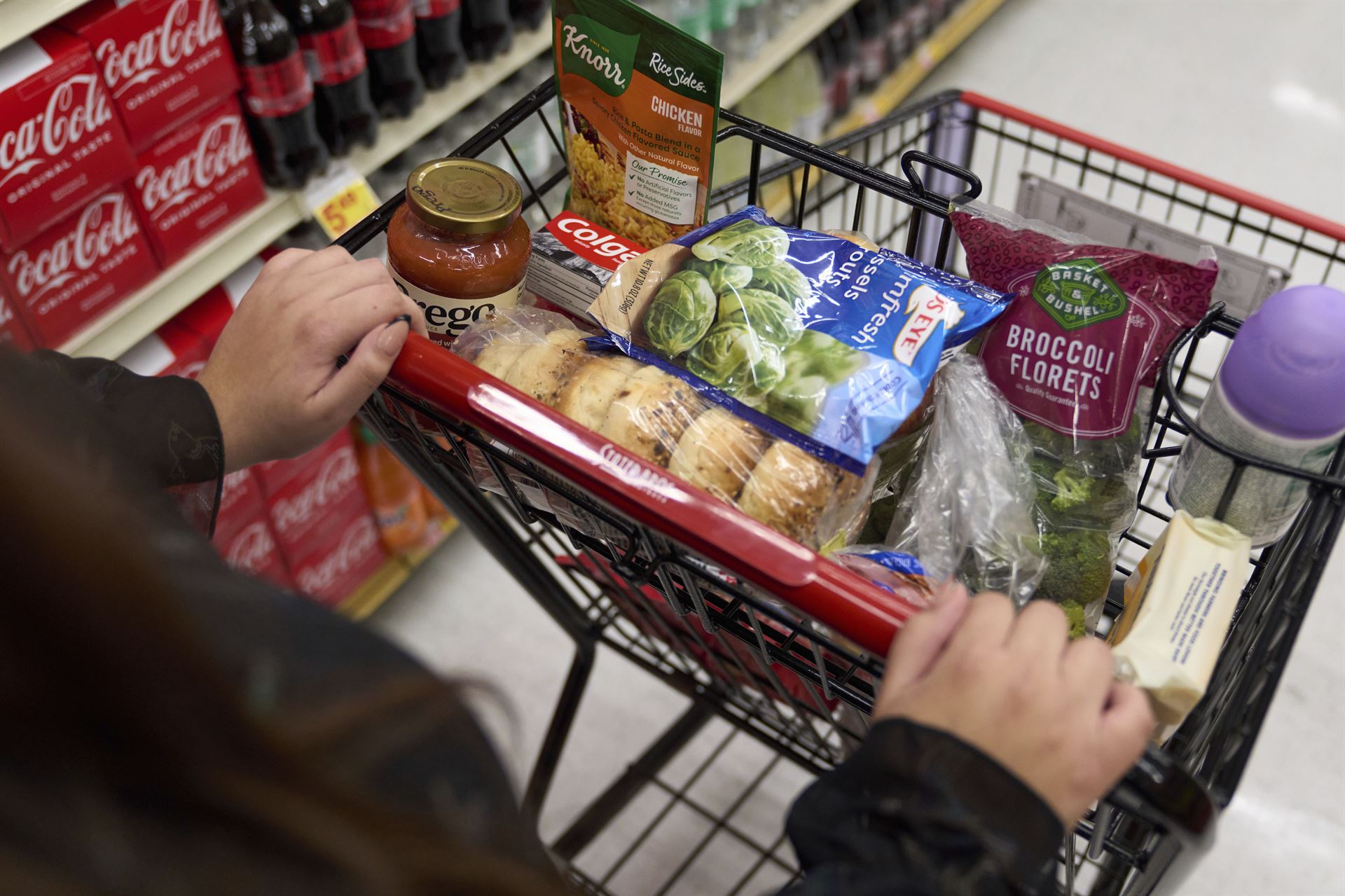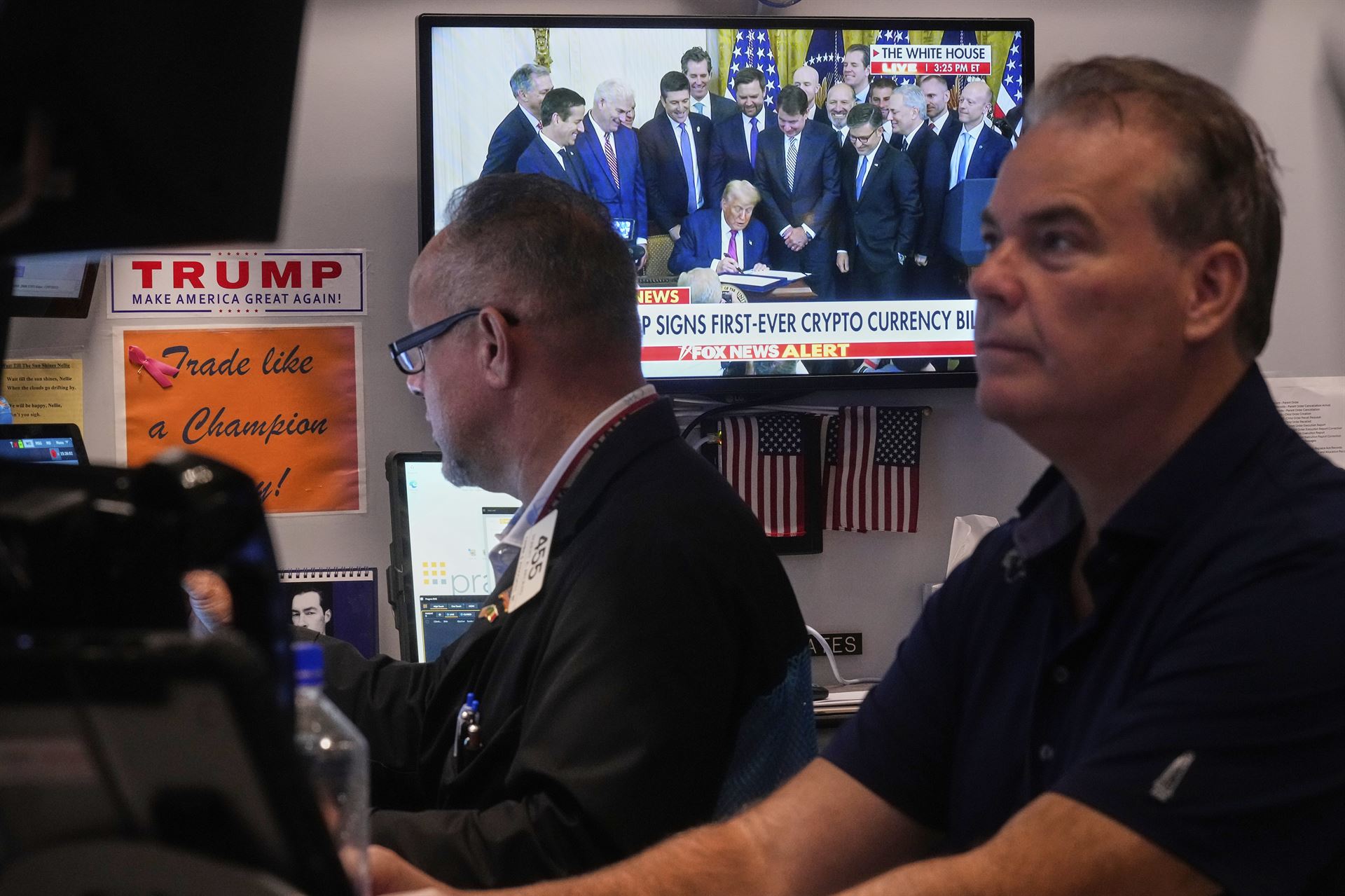
SACRAMENTO, the United States - New studies by Wall Street banks or academic institutes and company filings this month painted a consistent picture: extra US tariffs imposed by the administration of President Donald Trump are being paid mainly by US taxpayers, especially enterprises, instead of foreign exporters.
Citi's global economics team said Tuesday that US firms are absorbing most of the levy, adding that corporate margins could tighten further as the next round of tariffs arrives.
ALSO READ: Trump puts 35% tariff on Canada, eyes 15%-20% tariffs for others
According to a July 14 report by the Yale Budget Lab, the duties had increased average costs by 2.1 percent and reduced the annual spending power of the average family by around $2,800.
Notably, lower-income families lose three times more disposable income than wealthier households due to higher spending on necessities like food and clothing.
The non-partisan Tax Foundation placed the per-household "tariff tax" at $1,296 and forecast a 0.8 percent hit to the US gross domestic product (GDP) over the coming year.

Goldman Sachs told clients on July 3 that companies would pass on 70 percent of the direct cost of tariffs to consumers through higher prices.
Walmart said on July 17 that it had raised shelf prices on everyday staples "directly because of the new tariffs" and cautioned that back-to-school items could be next.
READ MORE: Trump announces 50% tariffs on Brazilian goods
According to a Wall Street Journal analysis published on Sunday, Amazon quietly raised prices on low-cost items such as deodorants, protein shakes, and pet care supplies.
In manufacturing, General Motors disclosed that higher import bills wiped $1 billion off its second-quarter profit and could erase up to $5 billion for the whole year if the levies persist.
READ MORE: Trump announces 25-40% tariffs on 14 countries
"Who's paying for Donald Trump's tariffs? So far, it appears to be American businesses and consumers. General Motors was the latest US company to disclose how the levies are raising costs," Bloomberg said in a newsletter sent Tuesday afternoon.
"That helps explain why car prices didn't rise in last week's inflation data, while robust price increases for other commonly imported goods like toys and appliances showed those tariff expenses are indeed being passed on to consumers," it said.
"Tariffs are effectively a tax on US consumers and businesses," the Budget Lab said, adding that the US tariff policy is functioning more like a domestic sales tax than the foreign penalty its architects envisioned.


